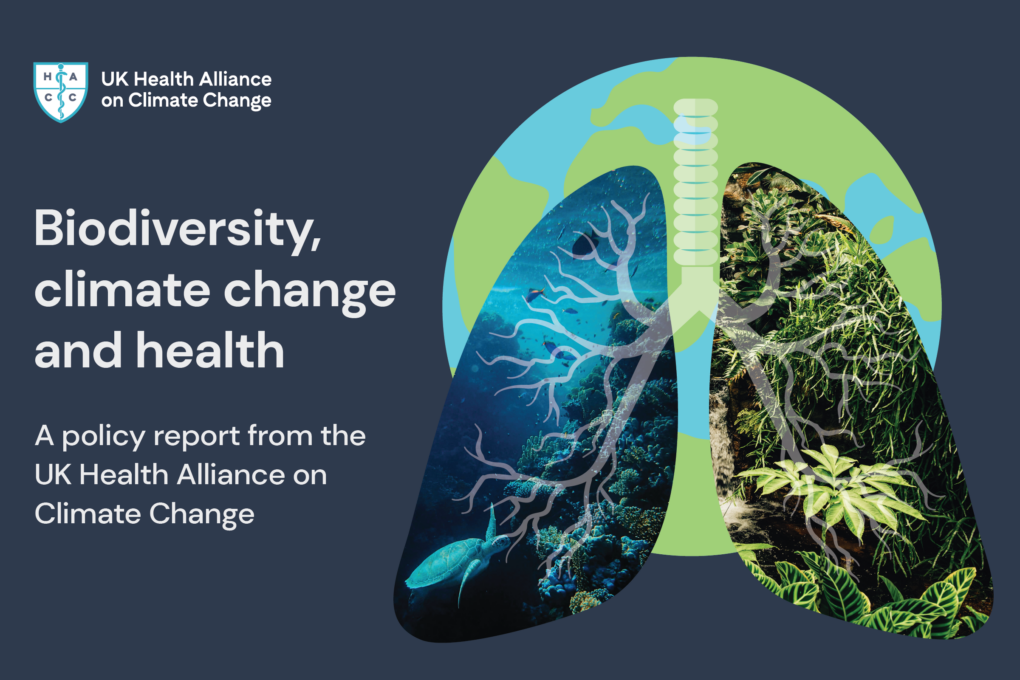During the extraction of fossil fuels, biodiversity is harmed through conversion, degradation, pollution and disturbance of habitats. After extraction, the conversion, distribution and use of fossil fuels further impacts biodiversity through destruction of habitats and pollution. Climate change driven by the burning of fossil fuels is resulting in sea level rise, coastal erosion and flooding. This not only risks health and well-being through physical injuries, drowning, increased incidences of food and water-borne infections and poor mental health outcomes but also risks the loss of livelihoods, infrastructure, and food and water security. Marine and terrestrial animals and plants may also be damaged or destroyed during extreme weather events.
Oceans are responsible for absorbing 30% of all carbon dioxide (CO2) emissions and more than 90% of the excess heat generated by these emissions. Higher levels of atmospheric greenhouse gas and heat are leading to acidification and warming of the oceans respectively, which in turn is harming marine life. The rich biodiversity of the oceans offers substantial opportunities for discoveries and innovations in medical research. For example, coral reefs are a key source of marine products and could lead to the development of novel pharmaceuticals. Damage to this vast reservoir of potentially useful resources can be disadvantageous to health.
The negative impacts on human health include loss of lives and livelihoods, access to water and food insecurity, the spread of infectious diseases, increases in non-communicable diseases, and reduced capacity to develop new medicines derived from nature. These impacts are disproportionately borne by socio-economically and geographically disadvantaged groups.
As with climate change, fossil fuels and the food system are the main causes of declining biodiversity. Tackling these would improve human and environmental health. A UK Health Alliance on Climate Change report on Biodiversity, Climate Change and Health explores the link in detail with recommendations for action.

